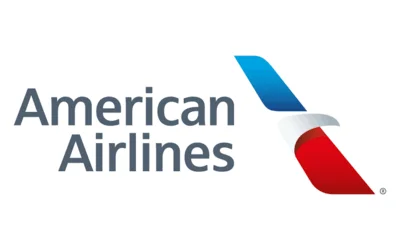“As recipients of such DOT funds, you have entered into legally enforceable agreements with the United States Government and are obligated to comply fully with all applicable Federal laws and regulations. These laws and regulations include the United States Constitution, Federal statutes, applicable rules, and public policy requirements, including, among others, those protecting free speech and religious liberty and those prohibiting discrimination and enforcing controls on illegal immigration.”
The new directive has raised concerns that airports could lose critical infrastructure funding if they do not cooperate with ICE activities. The Federal Aviation Administration (FAA) has faced ongoing challenges modernizing air traffic control towers due to funding issues. For example, major projects at airports like Newark Liberty International Airport have experienced significant delays related to insufficient funding for upgrades such as terminals or runways—similar improvements intended for PWM through this grant.
High-profile incidents have highlighted infrastructure shortcomings at US airports. In January, a fatal collision at Ronald Reagan Washington National Airport resulted in 67 deaths. While multiple factors contributed to this accident—including congested airspace—the lack of adequate infrastructure due to funding shortages remains a concern across many US airports.
The DOT’s stated mission is ensuring safe air travel by supporting necessary upgrades; critics argue that tying these funds to unrelated law enforcement priorities does not align with this purpose.
Avelo Airlines began service at PWM in 2024 before agreeing in 2025 to charter three Boeing 737s for deportation flights out of Mesa, Arizona. The increase in ICE operations has drawn attention nationwide following events such as an unannounced deployment of tactical police during a press conference held by California Governor Gavin Newsom. There are concerns that PWM could see more ICE-related flights if it were compelled by federal requirements.
The DOT extended similar warnings beyond aviation; rail companies also received notices threatening cancellation of major project funds without cooperation on immigration enforcement policies. According to reports from the Rail Passenger Association, billions in rail project dollars are potentially at stake across at least eight states.
States including Maine—where PWM is located—as well as California and New York have joined others in launching legal efforts challenging these federal directives aimed at expanding immigration enforcement through transportation grants. PWM leadership maintains that they have not agreed to any conditions requiring support for ICE deportations or related activities.
 Alerts Sign-up
Alerts Sign-up




































